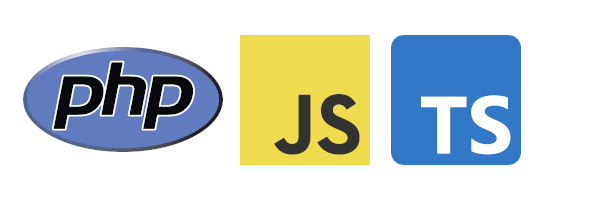Qodana for PHP

Qodana for PHP is based on PhpStorm. It brings all the smarts from PhpStorm, which help you:
detect anomalous code and probable bugs
eliminate dead code
highlight spelling problems
improve overall code structure
introduce coding best practices
Upload inspection results to Qodana Cloud
Supported technologies
Qodana for PHP provides inspections for the following technologies.
Programming languages | PHP JavaScript TypeScript |
Markup languages | Blade CSS HTML JSON and JSON5 RELAX NG XML YAML |
Scripting languages | Shell script |
Databases and ORM | MongoJS MySQL Oracle PostgreSQL SQL SQL Server |
Dependency management | Composer |
Frameworks and libraries | Cucumber Joomla! PHPUnit Psalm |
Supported features
The Qodana for PHP linter provides the following Qodana features:
Feature | Available under licenses |
|---|---|
Ultimate and Ultimate Plus | |
Ultimate and Ultimate Plus | |
Ultimate Plus | |
Ultimate and Ultimate Plus | |
Ultimate and Ultimate Plus | |
Ultimate and Ultimate Plus | |
Ultimate Plus | |
Ultimate Plus |
Try it now
Analyze a project locally
Qodana provides two options for local analysis of your code. Qodana CLI is the easiest option to start. Alternatively, you can use the Docker command from the tab.
Assuming that you have already installed Qodana CLI on your machine, you can run this command in the project root directory:
Here, the QODANA_TOKEN variable refers to the project token.
To start, pull the image from Docker Hub (only necessary to get the latest version):
If you use PHP Composer, Qodana will install your project dependencies automatically right before the code analysis starts.
In case you need to change the language level, add the following to <source-directory>/.idea/php.xml:
Run the analysis locally:
with source-directory pointing to the root of your project, and QODANA_TOKEN referring to the project token.
Open http://localhost:8080 in your browser to examine inspection results. Here, you can also reconfigure the analysis, see the Inspection report section for details. When done, you can stop the web server by pressing Ctrl-C in the console.